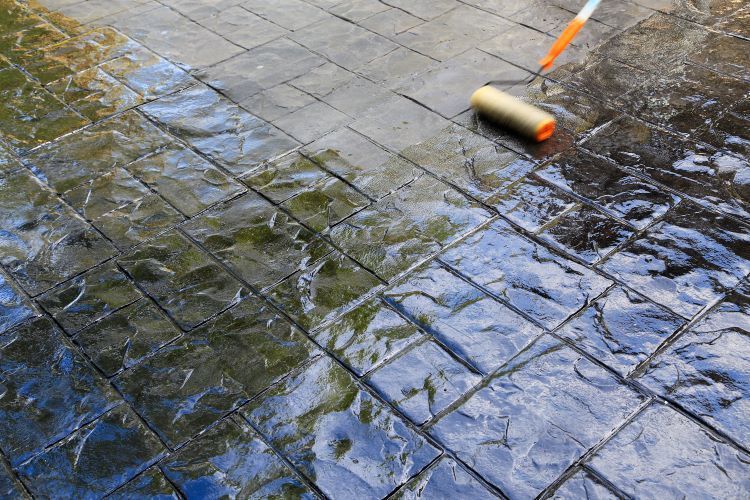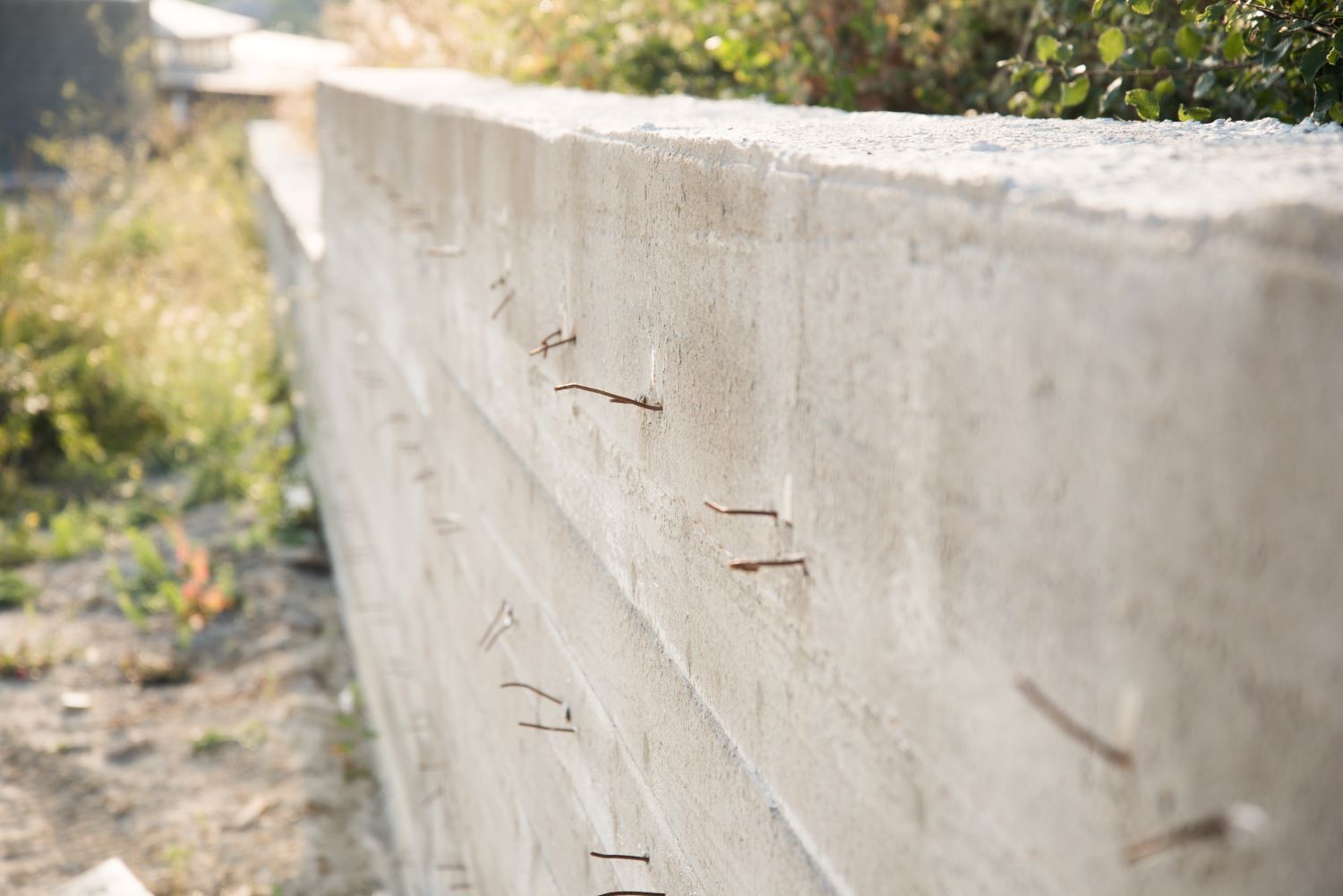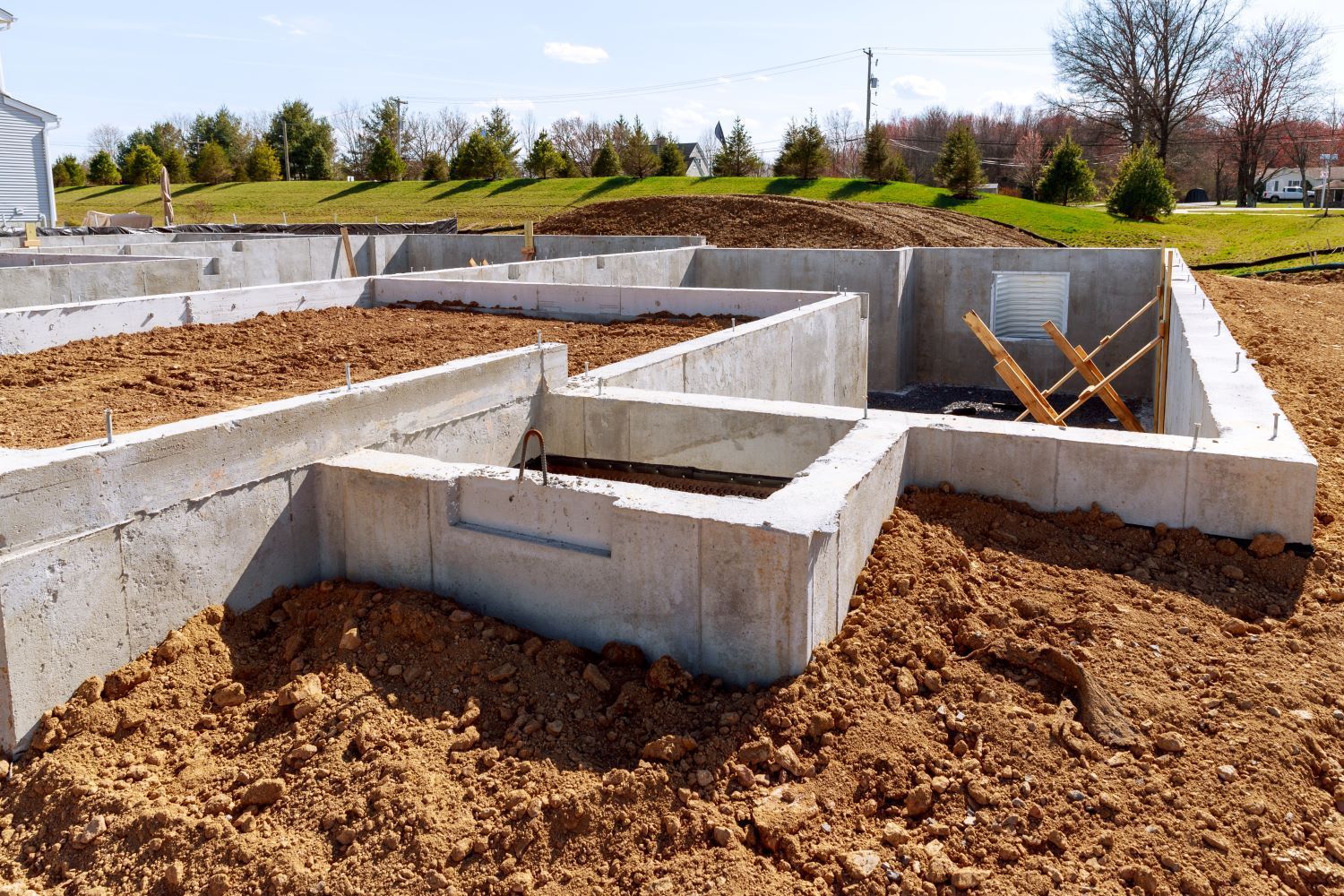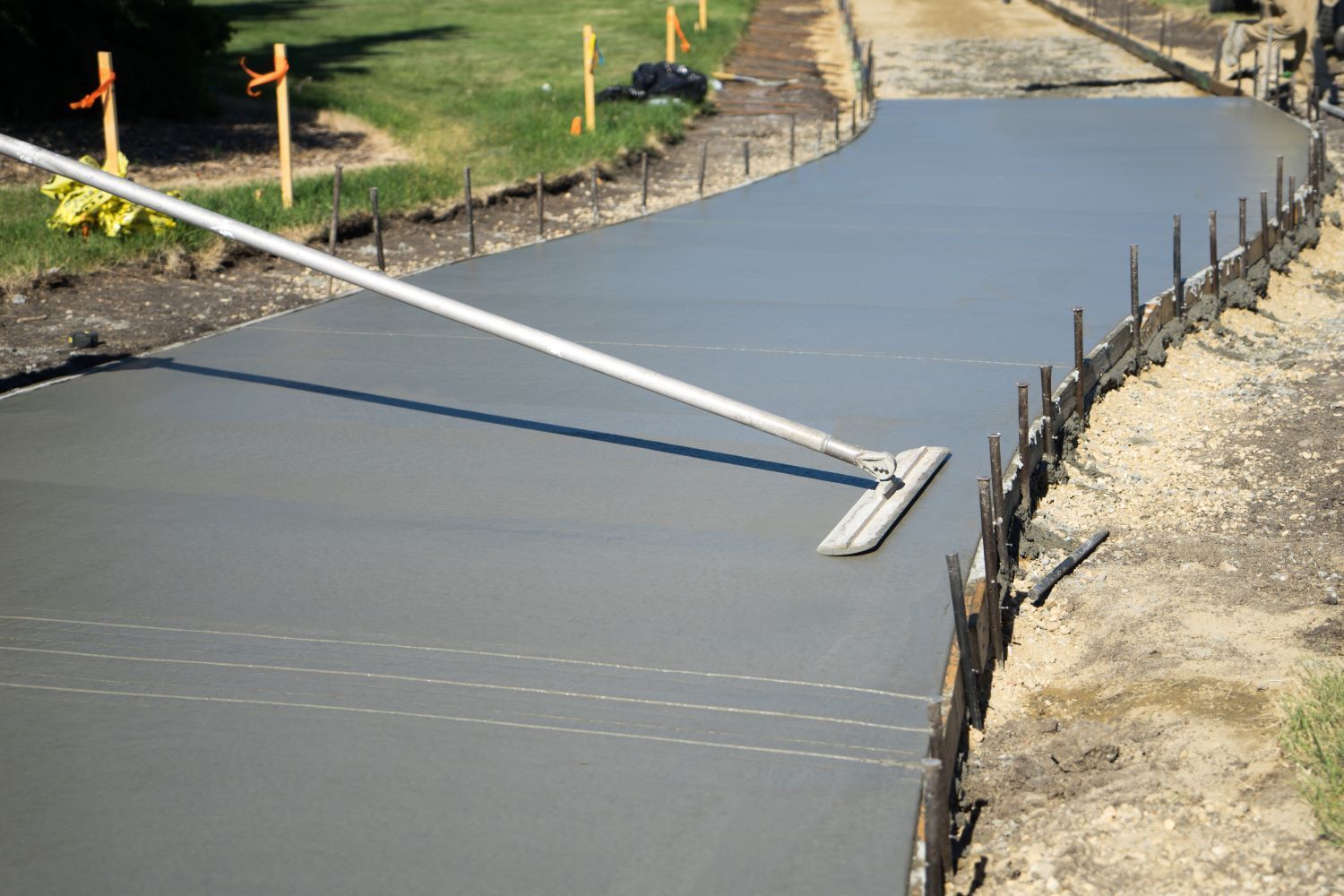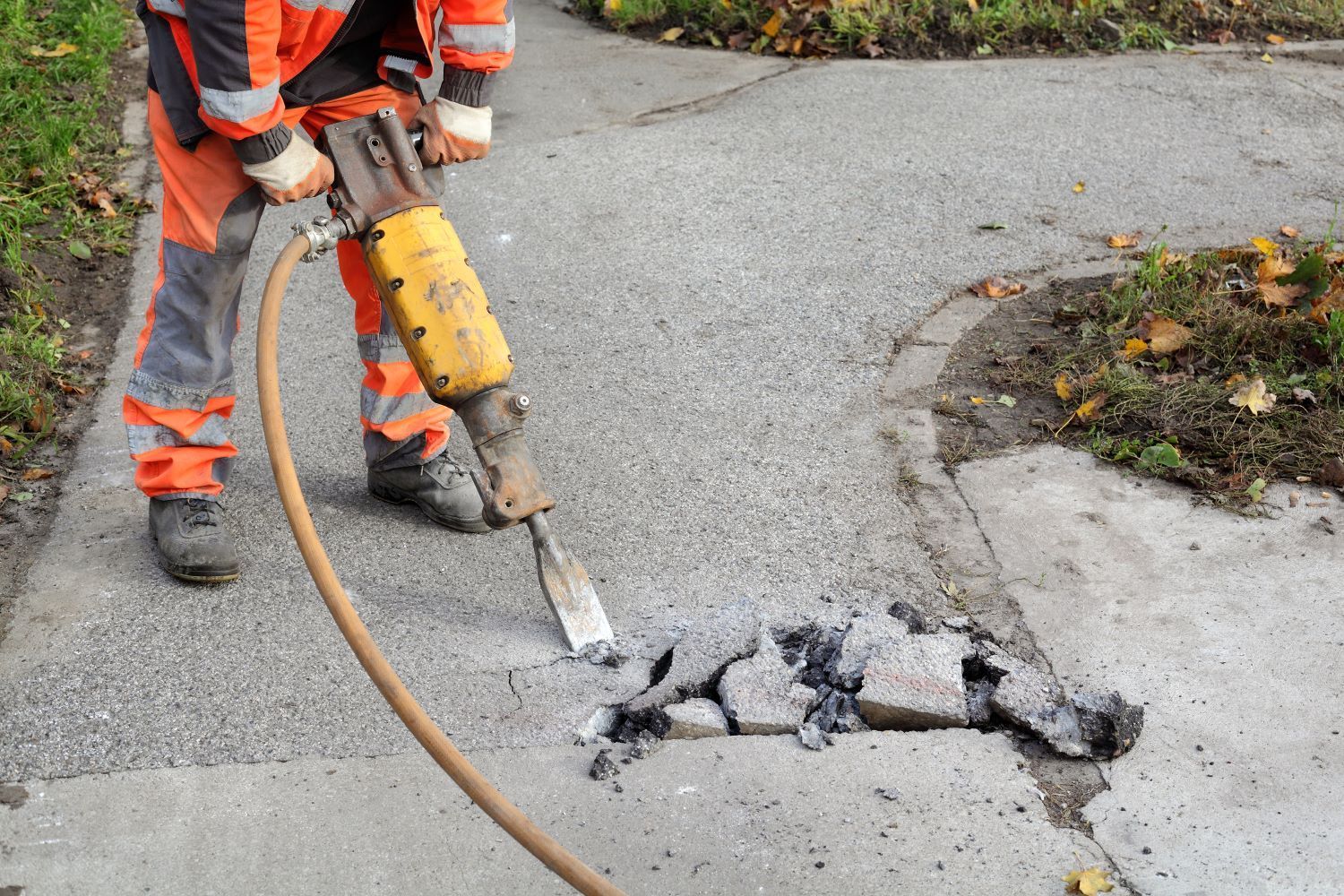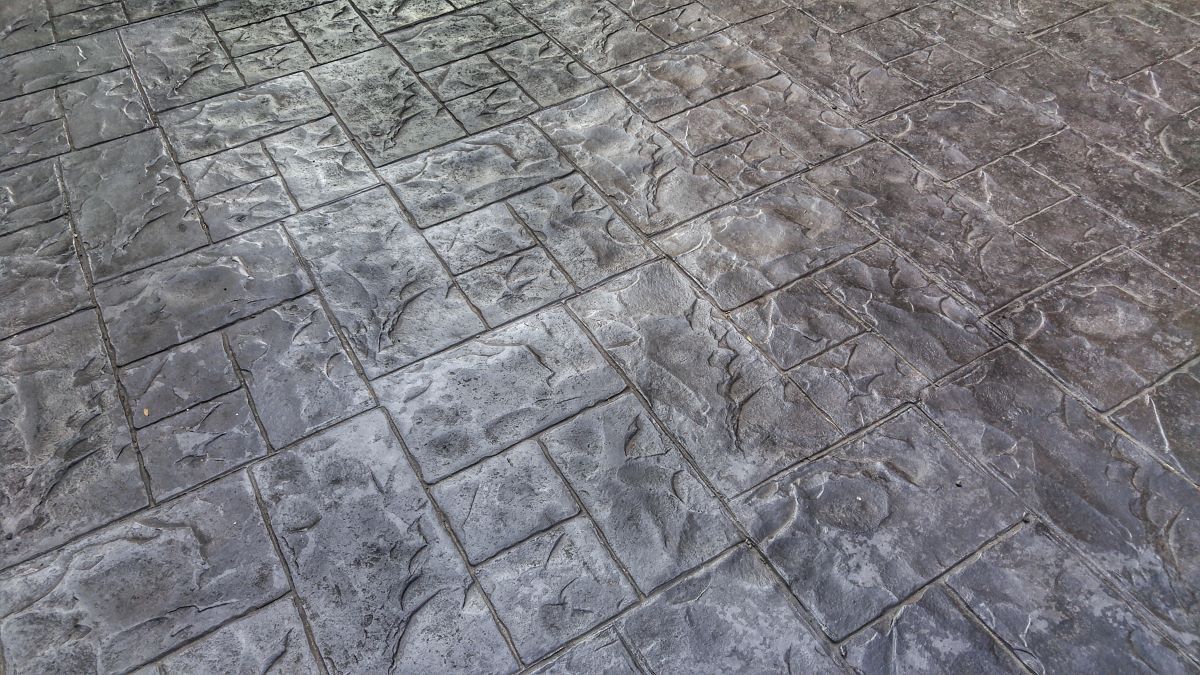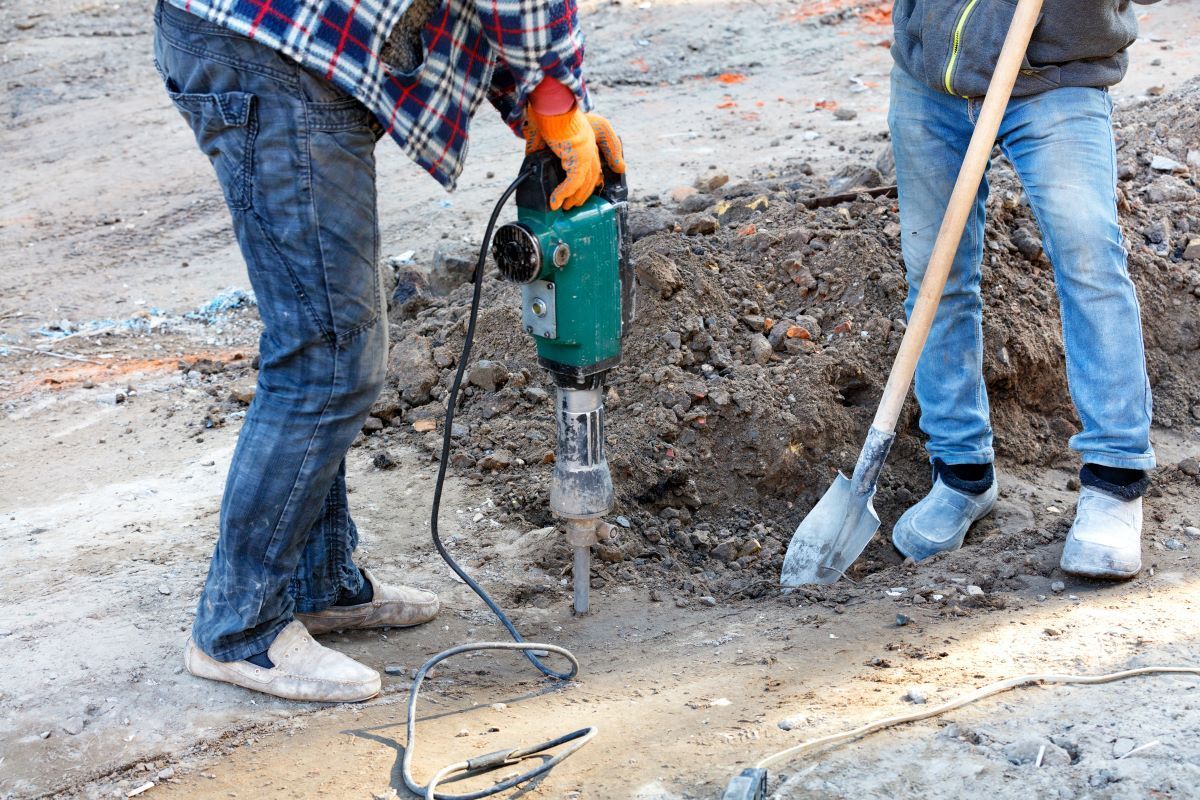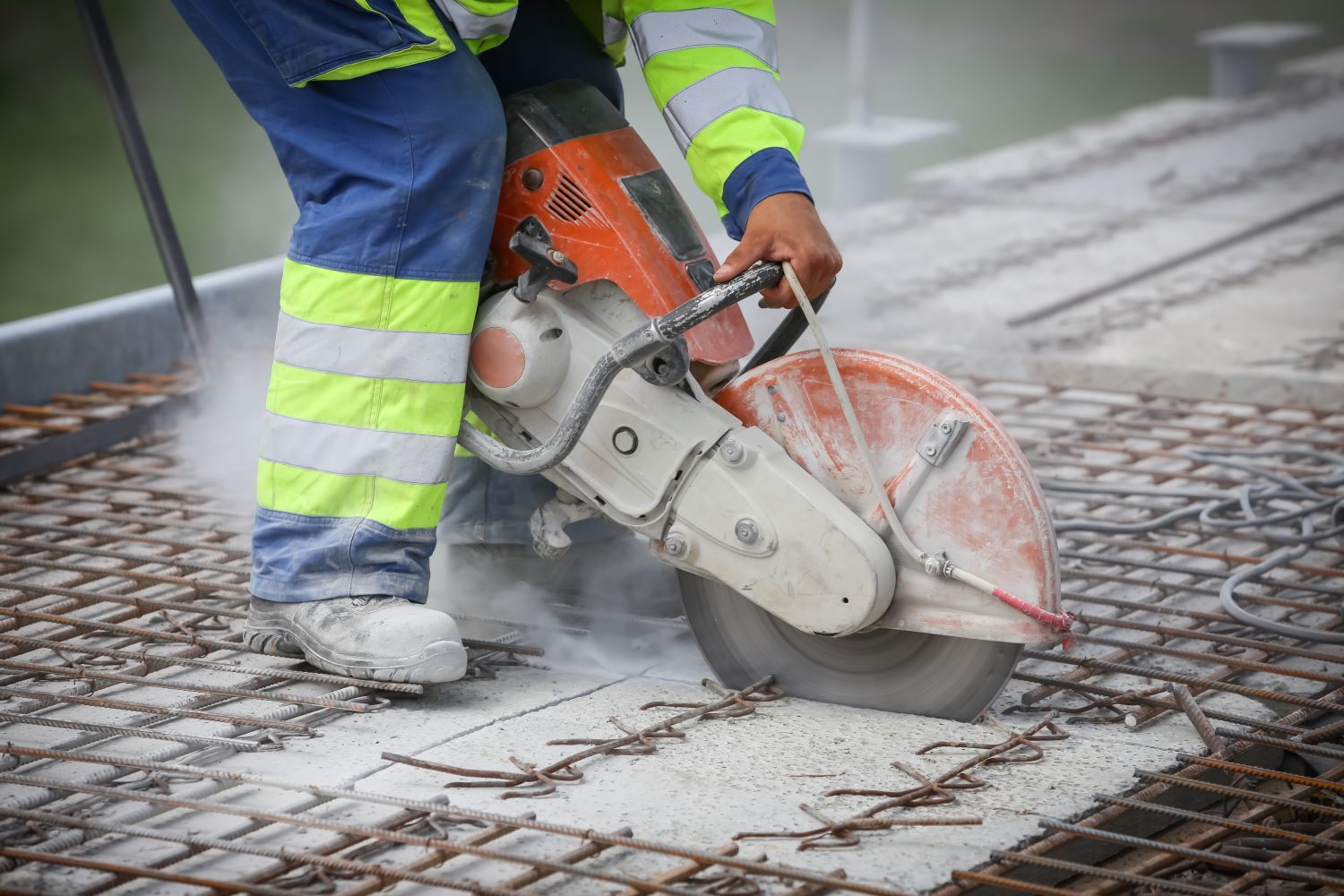How Long Does Asphalt Paving Last? What to Expect Over Time

When you invest in asphalt paving—whether for a driveway, parking lot, or roadway—you want to know it will last. Asphalt is known for its durability, flexibility, and cost-effectiveness, but just like any surface, it’s not indestructible. In Newfoundland's ever-changing climate, knowing what to expect from your asphalt surface can help you plan maintenance and extend its lifespan.
At Concrete Contractor St. Johns, we’ve worked with home and business owners across the province to install and maintain high-quality asphalt surfaces. In this article, we break down how long asphalt paving lasts, the factors that influence its longevity, and how you can keep it looking great for years.
🛣️ Typical Lifespan of Asphalt Paving
On average, properly installed asphalt paving lasts between 15 and 25 years. With consistent maintenance and favorable conditions, some asphalt surfaces can last even longer. However, in areas like St. John’s, where winter weather, freeze-thaw cycles, and salt use are common, regular upkeep is especially important.
⏱️ What Impacts the Lifespan of Asphalt?
Several key factors affect how long your asphalt surface will last:
1. Installation Quality
A properly graded base, correct asphalt thickness, and skilled workmanship are essential to a long-lasting result. Poor installation leads to early cracking, sinking, and water damage.
2. Climate and Weather
Newfoundland's harsh winters and temperature swings cause asphalt to expand and contract, which can lead to cracking. Heavy snowfall, ice, and road salt can also accelerate deterioration.
3. Traffic Load
Driveways used by passenger cars will last longer than commercial parking lots exposed to heavy trucks and constant traffic.
4. Drainage
Poor water drainage is one of the biggest threats to asphalt. Water that sits or seeps underneath the surface will weaken the base layer and cause structural issues.
5. Maintenance Routine
Routine care like sealcoating, crack filling, and patching helps protect asphalt and significantly extends its life.
🧰 What to Expect Over Time
✅ Year 0–5: Fresh and Flexible
- Newly paved asphalt is smooth, dark, and slightly flexible.
- Minor surface wear may occur but typically no major issues.
⚠️ Year 6–10: Early Signs of Wear
- Small cracks may appear, especially in high-traffic areas or around edges.
- Sealcoating every 2–3 years helps reduce oxidation and wear.
🛑 Year 11–20: Repair and Reinforce
- Surface may show signs of fading, cracking, or minor potholes.
- Preventive repairs like patching and overlays can extend life.
🔄 Year 20+: Consider Resurfacing or Replacement
- Surface may become brittle or uneven.
- Depending on wear level, resurfacing (adding a new asphalt layer) or full replacement may be necessary.
🧱 Extend the Life of Your Asphalt with These Tips
- Sealcoat every 2–3 years
- Fill cracks early to prevent water intrusion
- Clean regularly to remove debris, oil, and salt
- Ensure proper drainage away from paved surfaces
- Address potholes promptly before they spread
🏗️ Trust the Pros at Concrete Contractor St. Johns
Whether you’re planning a new asphalt project or need help maintaining an existing surface, Concrete Contractor St. Johns has the expertise and local knowledge to do the job right. We understand the unique challenges of paving in Newfoundland’s climate and offer custom solutions that keep your surfaces strong and safe.
📞 Contact us today for a free consultation or quote on your asphalt paving or maintenance needs in St. John’s, NL.
